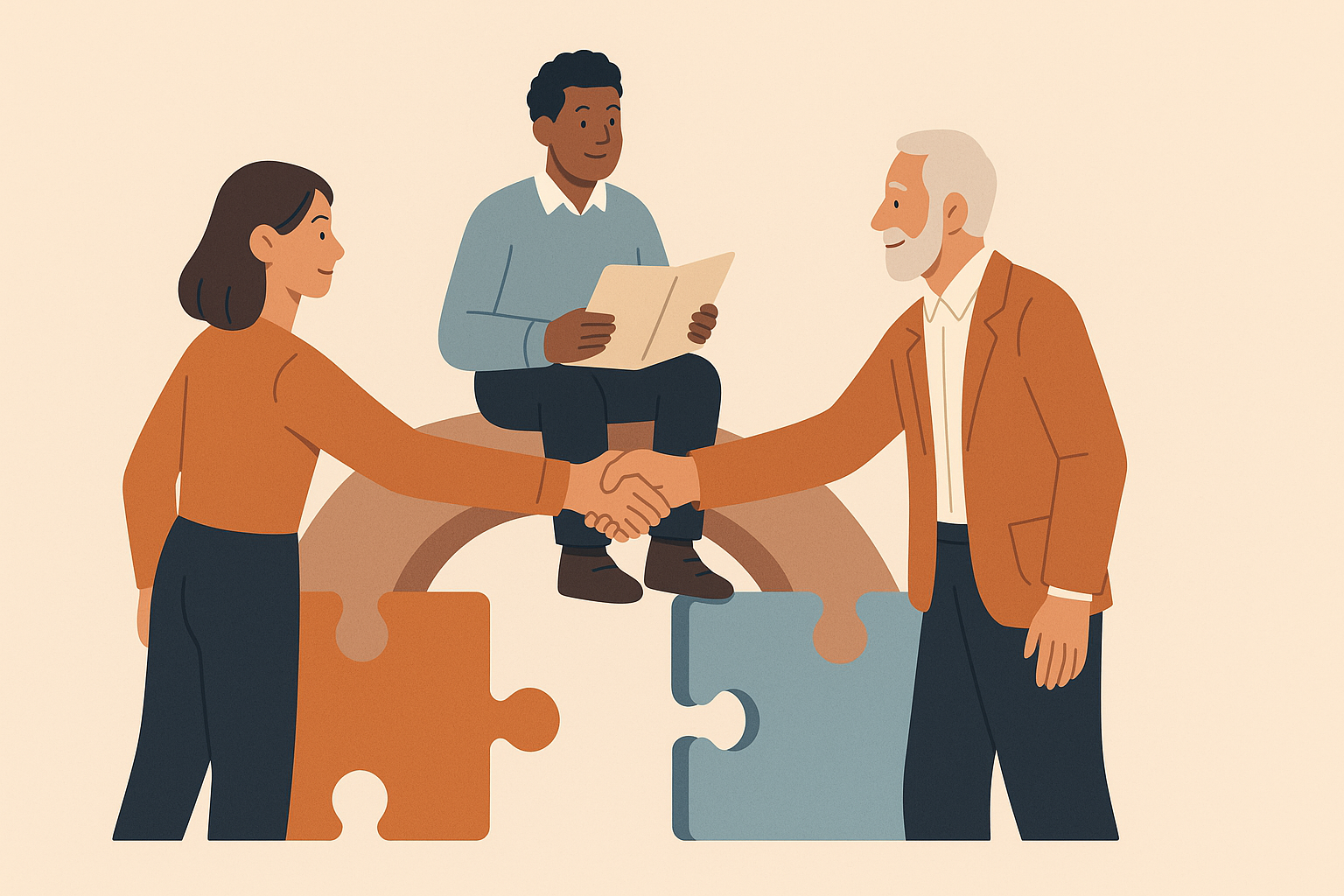IQ vs EQ: Why Emotional Intelligence Wins in Agency Leadership
IQ might open doors, but it’s empathy and real emotional intelligence that keep teams loyal, productive, and sticking around in your agency. In a hyper-competitive marketing world where everyone touts their expertise and tools, the agencies crushing it are the ones building genuine human connections. You cannot lead top talent with strategy decks and rigid KPIs alone. The true secret to building an unstoppable team lies in how well you understand, support, and connect with your people every single day.
Empathy Is Rare—And Powerful
Let’s get something straight: smart is everywhere, but empathy is rare. If you want to recruit the best marketers and actually keep them, you need to tune into more than just resumes and creatives. Most agency leaders are still using yesterday’s playbook—filtering candidates by skill alone, hoping for chemistry later, and putting culture fit on a side note during onboarding. This approach guarantees both high turnover and weak team chemistry. What works today is high-EQ leadership that sees talent as whole humans, not just assets.
People Quit Managers, Not Agencies
People do not quit agencies, they quit managers who lack empathy. Emotional intelligence changes how your people show up, whether they raise issues or bottle things up, and how they perform during crunch time. For example, look at Wieden+Kennedy, a renowned creative agency. Their leadership is famous for open-door policies, regular pulse surveys, and proactive check-ins. This is not just HR theater—the result is some of the highest retention rates in the industry and a sense of loyalty that competitors cannot buy.
Hiring with EQ: Practical Steps
Hiring with EQ does not require hiring a psychologist for interviews. It means weaving empathy into the process from the first touchpoint.
Here is how you do it, practically:
- During interviews, focus on stories, not just stats. Ask candidates, “Tell me about a time you received feedback you disagreed with—how did you handle it?” or “Describe a project where you had to work with someone very different from you.” Listen for self-awareness, vulnerability, and respect, not canned speeches.
- In onboarding, schedule 1:1 ‘get to know you’ sessions—not just with HR, but with every team lead they’ll collaborate with in the first month. Use scripts like, “What’s one thing about your work style I should know to help you succeed here?” Normalize these conversations so they become standard, not nice-to-haves.
- For team management, deploy regular pulse checks. Skip the anonymous balloon-sending apps. Try ending every Friday meeting with one direct question, “What did we do this week that made your job easier? What’s something we need to fix?” Make this part of your meeting template—a two-minute ritual that surfaces friction and shows you care about their experience at work.
EQ Is a Daily Habit
The real EQ advantage comes from how you show up daily. Empathy is a habit, not a one-time workshop. Set the tone with radical candor—clear communication combined with genuine care. If someone misses a deadline, don’t just ask why. Say, “What got in the way for you, and how can we help you next time?” This tiny change lowers defensiveness and builds trust, and over time, your team brings you problems before they become crises.
Systematize Emotional Check-Ins
Here is another pro move—systematize emotional check-ins just like status updates. Use the “red-yellow-green” system at the top of meetings. Everyone says, “I’m green—good to go,” or “yellow—tight on bandwidth,” or “red—need help today.” This is not therapy, it is operational empathy. It gives you instant data on where to step in before burnout hits. Leaders at agencies like 360i and VaynerMedia do this weekly and credit it with reducing silent stress and burnout.
Empathy and Accountability Go Together
Avoid the classic mistake of separating empathy from accountability. Some agency leaders fear that if they lean into EQ, standards will drop and results will slide. It is the opposite. When people feel heard, they rise to the occasion. Where leaders focus only on numbers and pressure, you breed fear and turnover. Data shows companies with high-EQ leadership have 31% lower voluntary turnover and 25% higher profitability, according to a Gallup workplace study.
Make Empathy Routine
You do not need to invent empathy from scratch. Bring it in with specific scripts, systemized 1:1s, regular check-ins, and clear values. Make it as routine as budget reviews or campaign debriefs. Teach your team leads to spot emotional dynamics and offer micro-support before small irritations fester into big resignations.
Your Challenge: Try the Empathy Advantage
Here’s your challenge for this week: Choose one team meeting and open it by asking everyone to share one thing that is working and one thing they wish was easier. Listen deeply. No debating, no problem-solving—just listen. Your team will notice, and you will start seeing the benefits of the empathy advantage instantly.
Now get to it. Build EQ, build loyalty, and watch your agency flourish.


